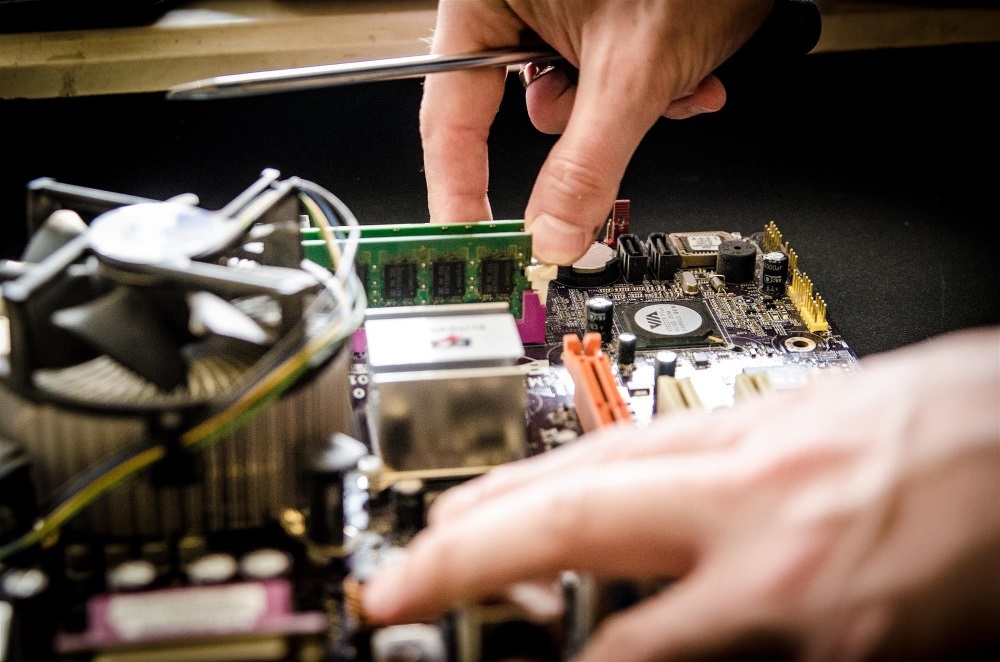The EU Parliament strengthens consumers’ right to repair in order to reduce the environmental impact of mass consumption. On Tuesday, the European Parliament in Strasbourg adopted its position on a stronger “right to repair” by 590 votes to 15 with 15 abstentions. The new rules are intended to encourage more sustainable consumption: they should make it easier to repair faulty goods, reduce waste and promote the repair industry.
During the statutory warranty period, sellers would therefore be obliged to repair instead of replace if a repair costs the same or less – unless the repair is not feasible or unfavorable for the consumer. MEPs also propose extending the statutory warranty period by one year from the date of repair. Consumers should have the right to demand a repair for appliances such as washing machines, vacuum cleaners and smartphones, as well as for bicycles, even after the warranty period has expired. To make repairing more attractive than replacing, manufacturers should provide loan devices for the duration of the repair. If a product can no longer be repaired, an already repaired product could be offered instead.
A competitive repair market and incentives
High costs, difficult access to repair services or design features that prevent repairs – all these factors often prevent consumers from having a product repaired. Parliament therefore wants to ensure that independent companies that offer repairs and maintenance, as well as end users, receive all the necessary spare parts, information and tools at reasonable prices.
Consumers should be able to use online platforms to find repair businesses (including so-called repair cafés) and sellers of refurbished goods in their area. MEPs also propose using national repair funds to provide vouchers and other financial incentives to make repairs more affordable and attractive.
Extending service life, establishing a circular economy
The rapporteur René Repasi (S&D, Germany) said: “This House has always stood up for consumers’ right to repair. People want to extend the life of their appliances, but this is often too costly or difficult. Now we are responding to these demands. We have adopted a series of measures to encourage consumers to opt for a repair instead of a new appliance. A particular focus is on supporting independent repairers and providing financial incentives. We expect the Council to adopt its position soon. Then we can start negotiations to translate these proposals into legislation and pave the way for a true European circular economy.”
Next steps
The Council is expected to determine its negotiating position on November 22. The talks with Parliament can then begin. A first meeting is planned for December 7.
Picture above: The EU Parliament wants to strengthen consumers’ right to repair. Photo: Pixabay/jarmoluk

